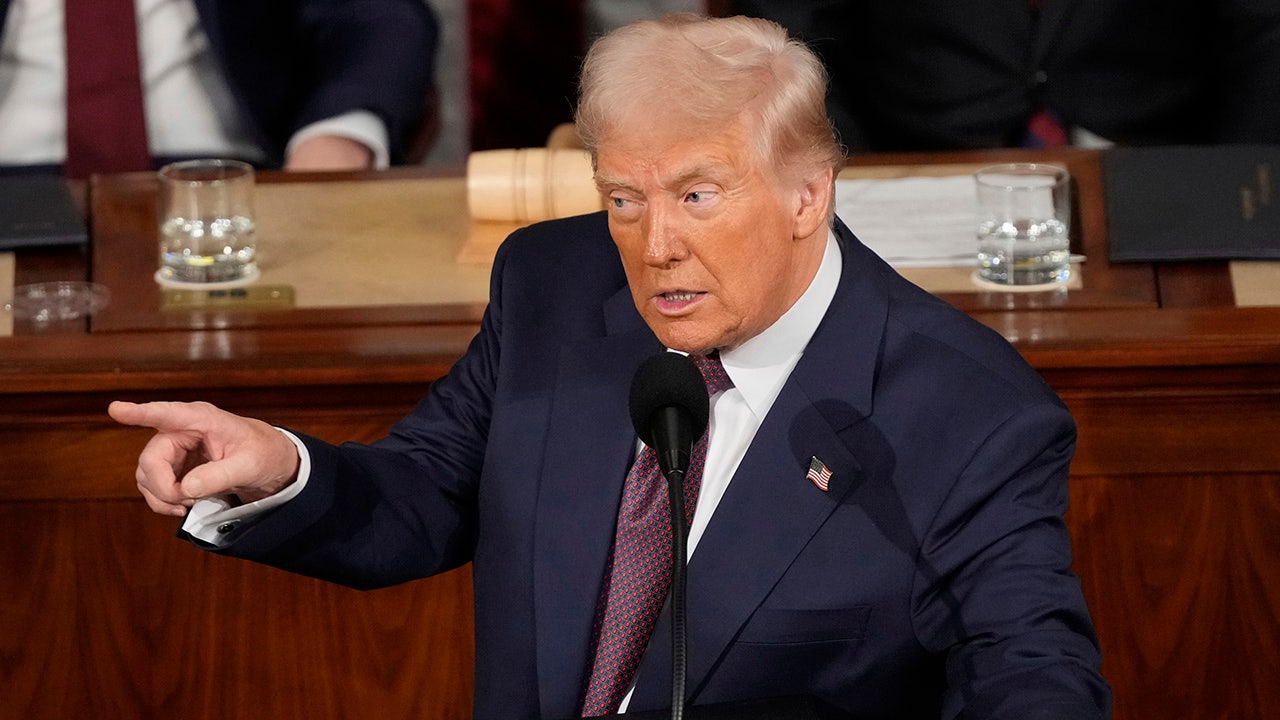JERUSALEM—Israel has been secretly building military outposts in southern Lebanon and the Gaza Strip as part of a plan to create buffer zones along both borders.
The construction has taken place at four or five strategic locations up to about two kilometers, or more than a mile, into Lebanon and at a number of points on the Israeli side of the northern border but outside the security barrier. Dozens of outposts have gone up as much as about one kilometer from Israel’s borders with Gaza.
Israel’s push to fortify the buffer zones, which has not been previously reported and was confirmed to the Washington Free Beacon by current and former Israeli officials and reserve soldiers, is based on an assumption that U.S.-brokered ceasefire deals in Lebanon and Gaza are unlikely to endure. Israel believes the two zones—as well as a third one that the military openly maintains in southern Syria—are necessary to protect its border communities, which have been devastated by terrorism over the past 16 months of war.
“Israel’s new doctrine is that we will not withdraw from these buffer zones unless someone else comes in who can credibly deal with the threat,” said Amir Avivi, a former senior Israeli military official, referring to the Iran-backed terrorist groups Hamas and Hezbollah and the Islamist rebels who seized power in Syria last month. “Hezbollah needs to be dismantled in Lebanon, Hamas needs to be out of Gaza, and Syria needs to be liberal and democratic. As long as these things don’t happen, Israel is going to stay in the perimeter.”
Israeli defense minister Israel Katz said on Tuesday that Israel will “indefinitely” hold the buffer zone in Syria, which the military moved into following the fall of Bashar al-Assad regime in December.
“The IDF will remain at the summit of the Hermon and the security zone indefinitely to ensure the security of the communities of the Golan Heights and the north, and all the residents of Israel,” Katz said during a visit to the summit of Mount Hermon in Syria.
Israel conditionally agreed to a complete withdrawal from southern Lebanon in a ceasefire deal with Lebanon in late November and at least a partial withdrawal from Gaza in a hostage-ceasefire deal with Hamas in January. But neither Lebanon nor Hamas appeared likely to meet Israel’s conditions.
Israeli prime minister Benjamin Netanyahu said last week that Israeli troops would not withdraw from southern Lebanon by the deadline on Sunday because “the ceasefire agreement has yet to be fully enforced by the Lebanese state,” which has committed to disarm Hezbollah. Lebanon agreed to extend the deadline until Feb. 18. Meanwhile, senior Hamas official Taher Nounou reiterated on Monday the group’s intent to hold onto power in Gaza, something Netanyahu has repeatedly said Israel will not abide.
Avivi, who has advised the Israeli government throughout the war, said defense minister Israel Katz told him about the construction in southern Lebanon during a three-hour meeting on Tuesday. According to Avivi, Katz is “unhappy” that the Lebanon ceasefire does not allow Israel to maintain a buffer zone and wants to renegotiate the terms.
An Israeli legislative aide, speaking on condition of anonymity, told the Free Beacon that outgoing Israeli military chief of staff Herzi Halevi said during confidential testimony before the Knesset Foreign Affairs and Defense Committee on Tuesday that Israel was building four to five outposts in southern Lebanon.
“In addition to more fortifications, bases, and forces on our side of the border, there are also going to be IDF soldiers staying in Lebanon for the time being because of the understanding that Hezbollah will return to all those areas if the IDF isn’t there,” the aide said, referring to the Israeli military by its initialism. “I think it’s pretty obvious to everyone that the Lebanese Army and the United Nations are unable or unwilling to prevent Hezbollah from reorganizing, regrouping, rearming, and resettling those areas.”
According to the Knesset website, Halevi told the committee, “There must not be a major threat close to the border, and this must be enforced very strongly.”
An Israeli reservist in the 226 Paratroopers Brigade who asked not to be identified told the Free Beacon that he served from October to January in a newly built outpost north of the security barrier but inside Israel. He said he was aware of at least two other such outposts in the western sector of the border.
The Israeli daily Maariv reported on Sunday that Israel had begun building a line of outposts to protect each of Israel’s northern border communities, including Kibbutz Misgav Am in the east.
“The IDF will build the outposts in such a way that the forces will have a significant firepower that includes mortars, rocket launchers, and machine guns,” reported military correspondent Avi Ashkenazi. “At the same time, each outpost will have the capability to observe deep into [Lebanon].”
Hezi Nehama, a former Israeli colonel who led a battalion in Gaza during the war, told the Free Beacon that Israel has undertaken a similar project in Gaza, building more than 50 outposts and other fortifications, like tank ramparts and sniper posts, along the strip’s northern and eastern borders.
“And they are working on new ones,” he said.
Several current and former Israeli officials told the Free Beacon that whereas Israel wants to leave Lebanon as soon as possible, Gaza is a different matter. The buffer zones in the strip will likely become part of an Israeli military occupation, they said.
“I would say the chances are high that in the near future there will be no alternative to Israel enforcing security and preventing Hamas from reorganizing,” said Yuli Edelstein, the chairman of the Foreign Affairs and Defense Committee and a member of the ruling Likud party. “It doesn’t mean that we are not searching for some other force to rule Gaza, but there are not too many volunteers. I guess Gaza doesn’t have a very good reputation in the Arab world.”
According to Avivi, Katz is committed to resuming the war in Gaza once the ceasefire inevitably collapses. Avivi said Israeli leaders are also serious about encouraging emigration from Gaza, an idea that President Donald Trump has championed in recent days. But, Avivi added, there is still too much uncertainty for Israel to know how the war will end.
He predicted that after Netanyahu’s meeting with Trump at the White House on Tuesday “will answer a lot of questions.”
Spokesmen for Netanyahu and Katz and spokeswomen for the defense ministry and the Israeli military declined to comment.
Read the full article here







